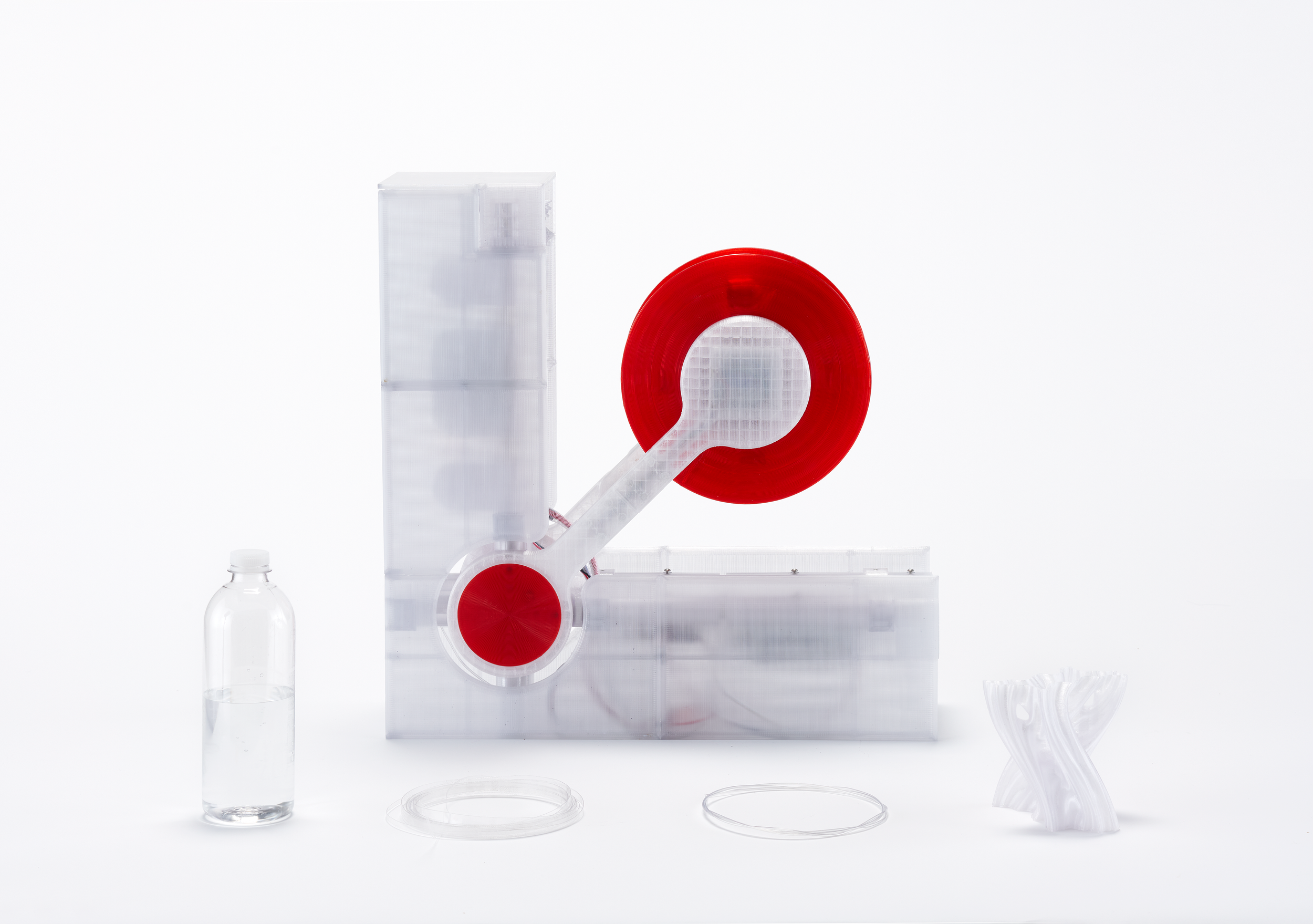Thanks. I hope it works out!
You seem like you know what you're doing, but since you mentioned it:
If you're worried about leaks, you can use Nylog White on the threads. It's food rated and works for your liquid and co2 gas connections. In theory, it's also not supposed to harden and make your fittings impossible to unscrew.

Not everything is irrigated. They showed areas that are only fed by rainwater.
I think the point is that the soil was swept away and the ground is impermeable so any rainwater flows into the river or evaporates rather than supporting plant life or replenishing the groundwater.